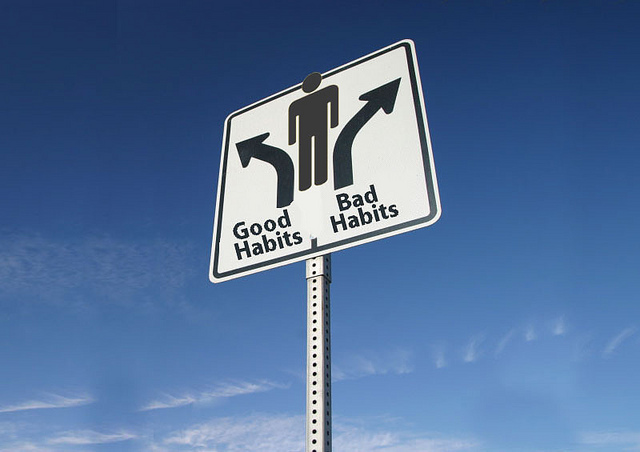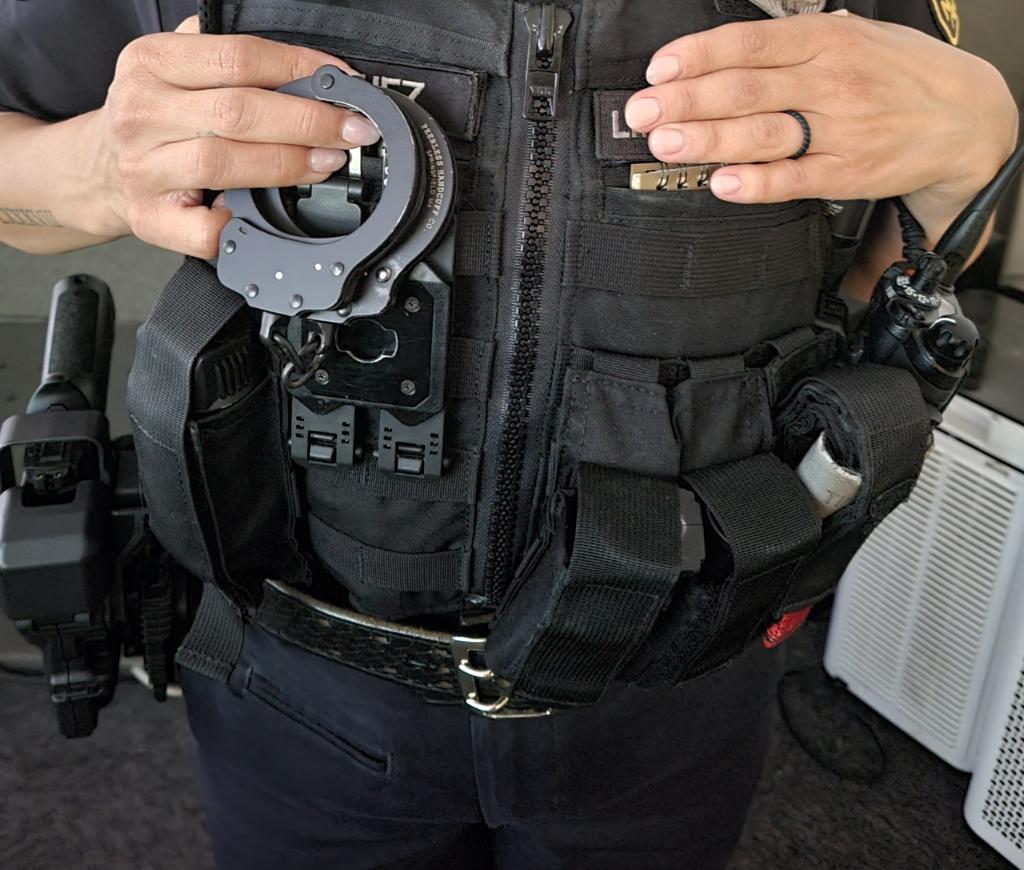2019 has just arrived and everyone has a new goal and resolution for the new year. Students and adults are equal in this sense where they want to improve themselves. Everyone has a chance to be better and make a change in their character. May it be exercising, studying, or sleeping more, but we all have plans for 2019.
In 2018, our New Year’s resolutions were most likely not accomplished, because, we weren’t following the correct guidelines. First off, what is a new year’s resolution? A new year’s resolution is “a person who desires to change an unwanted trait or behavior.” The tradition is to accomplish a personal goal or improve their life every new year. But how long does it take to actually achieve these ambitions?
It takes at least two and a half months to develop a habit that feels automatic. However, there are people that have established a routine in 21 days. 21 days? Three weeks doesn’t seem to be reliable. Dr. Maxwell Maltz, plastic surgeon, suggests that 21 days should be enough, however, backed up by science, 21 days is actually a myth- to incorporate a new behavior in your life, two to three months would be good. It is short enough to be inspiring and long enough to be believable. To back this statement up. scientists examined 96 people that have chosen a new habit. Their behavior was analyzed for 12 weeks- longer than the 21 days time span- to see when the habit would be automatic. When the due date was up, scientists have drawn the conclusion that it took at least 66 days.
Fact is, habits are hard to alter, and that’s why developing a good habit is really worth the struggle. Of course, the ability to change varies from person to person. A certain individual may be a habit resister, meaning that it’s harder for them to organize and accept a change. So, for that person, the expectation of developing a habit will be longer than most.
If you want to break off from smoking, or drinking coffee- how long would it take to get rid of an unwanted habit?
First off, you need a substitute for that bad habit, something to replace the temptation and resist the urge. For smoking, there are nicotine patches that help, or maybe try chewing gum. Visualize the prize; if you can picture yourself succeeding, you are more likely to accept the change. Evaluate and comprehend why you have a bad habit in the first place.
Breaking and developing habits is tough, but the New Year has arrived and has given you a second chance. Use this opportunity to your advantage and improve yourself. Make some resolutions and break some bad habits. Happy New Year everyone!











